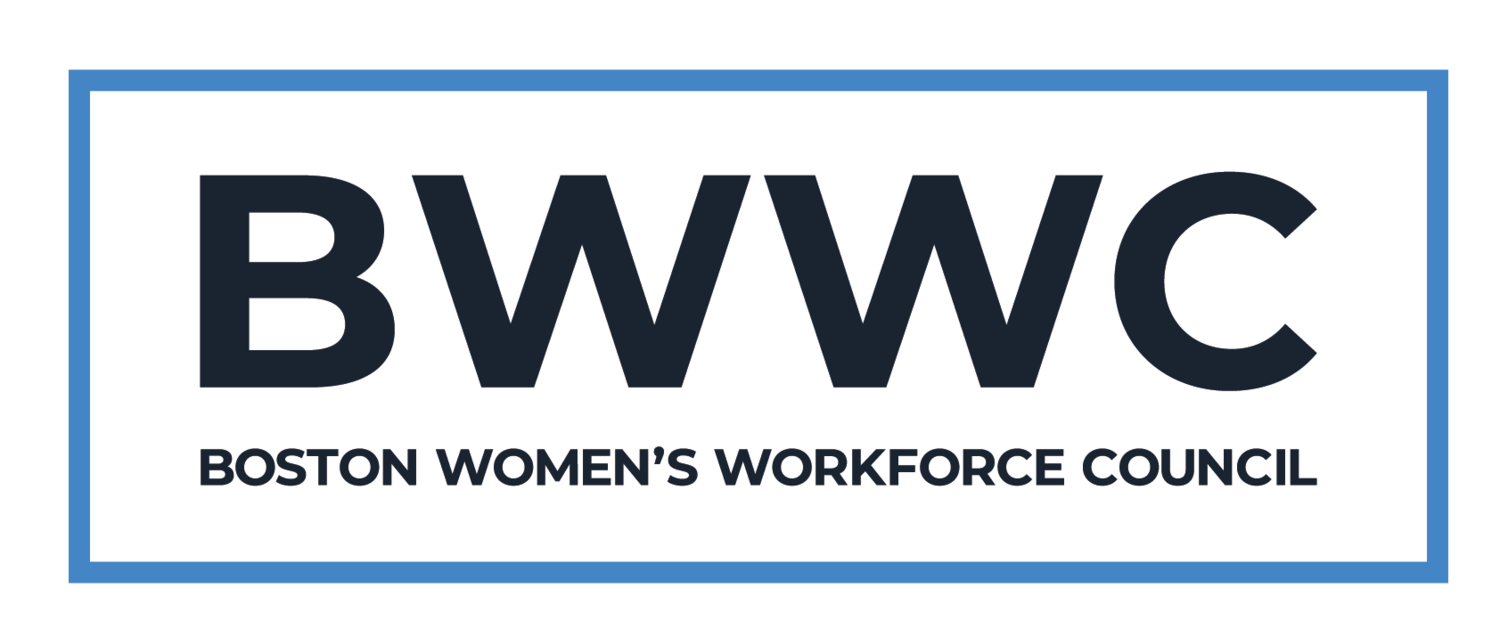Collaboration Seeks to Address Loss of Women from the Workforce
BOSTON, MA (September 15, 2021) - Associated Industries of Massachusetts and the Boston Women’s Workforce Council announced a collaboration to help employers stem the staggering loss of women from the workforce during the COVID-19 pandemic.
The project will work with Massachusetts employers to develop policies that encourage women and other caregivers to return to the workforce. The two organizations will also collect data on the effectiveness of these policies and recognize innovative strategies for addressing the exodus of women from the job market.
The collaboration grows out of a crisis caused when COVID-19 wiped out in one year a generation of progress of women in the workplace. The percentage of women participating in the US labor market in July was 56.1 percent, the lowest since 1988. More than 2.3 million women have left the workforce since February 2020 compared to 1.8 million men.
The Boston Women’s Workforce Council (BWWC) leads a public-private partnership between the Boston Mayor’s Office and greater Boston employers dedicated to eliminating gender and racial wage gaps. AIM is the statewide business association representing the interests of 3,300 employers from every sector of the Massachusetts economy.
“AIM is a signer of the Boston Women’s Workforce Council’s 100 Percent Talent Compact that provides data-based analysis of pay inequities in the workplace. We look forward to working with the BWWC to bring that same approach to finding solutions to the ‘she-cession’ induced by the pandemic,” said Joanne Hilferty, Chair of the AIM Board of Directors.
“The exodus of women and other caregivers from the workforce during COVID represents a tragic loss of potential and opportunity both for workers and for the economy as a whole. Working with AIM and its statewide base of employers will provide companies with practical steps to provide both support and opportunities for advancement to attract highly qualified women during a period of acute labor shortages,” BWWC Co-Chairs Cathy Minehan and Evelyn Murphy said in a statement.
The two groups intend to continue the public dialogue on policies that businesses can implement, independent of legislative mandates or regulations, to affect real change in female workforce development/retention. Some of the recommendations to business that AIM has already made include:
Commit to providing pay increases and advancement opportunities to women and other caregivers on the same schedule as before the pandemic rather than penalizing those who have been on leave or working limited hours.
Give hiring preference to former workers, if their experience and skills allow, who were required to leave the workplace due to family demands.
Extend the time that returning workers can bridge tenure for benefits and other considerations to coincide with the full duration of the pandemic.
Consider on-site childcare or provide childcare vouchers to assist with the cost of regular or emergency childcare.
Listen to individual employees about their specific needs and expectations, and don’t make assumptions about what each woman or caregiver can or cannot do.
Institute practices that reduce conflict with remote schooling such as not holding meetings before 9 a.m. or at lunch, when children need assistance.
AIM and the BWWC plan to measure results of their efforts through surveys to pinpoint the progress that companies make toward improving the representation of women and people of color in the workplace.
Media Contact:
Hannah Miller; (413) 717-7759; hannah@teakmedia.com
About AIM
In 1915, a group of visionary Massachusetts industrialists formed Associated Industries of Massachusetts to promote economic opportunity, innovation, and entrepreneurship. They believed that collective action by employers was the key to developing a vibrant state economy that created benefits for everyone. Today, AIM’s mission is to promote the well-being of its members and their employees and the prosperity of the Commonwealth of Massachusetts by improving the economic climate of Massachusetts, proactively advocating fair and equitable public policy and providing relevant, reliable information. For more information, visit: www.aimnet.org.
About the BWWC
Founded in 2013, the Boston Women’s Workforce Council (BWWC) leads a unique public-private partnership between the Boston Mayor’s office and Greater Boston employers dedicated to eliminating the gender/racial wage gap. The BWWC recruits employers to sign the 100% Talent Compact, a pledge to examine their policies, work toward fixing pay and advancement inequities they might find, and share their payroll data on race and gender in order to provide a community snapshot on progress. It is a first-in-the-nation approach to removing the visible and invisible barriers to women’s advancement. For more information, visit www.thebwwc.org.

